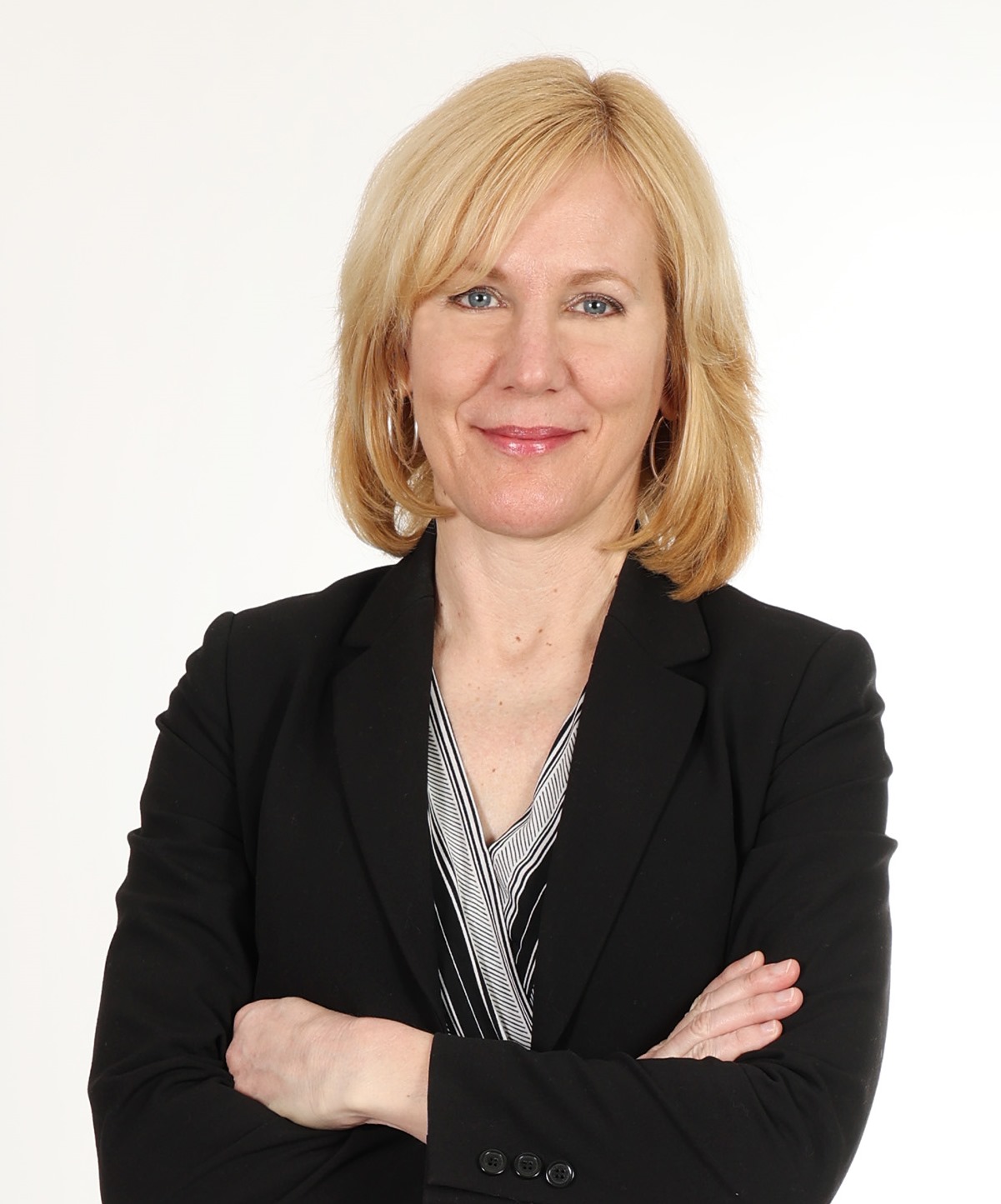On Monday, March 14, 2022, Cooper Levenson partner Jennifer Barr argued before the New Jersey Supreme Court in a case that will decide whether her client East Bay Drywall, LLC properly classified its subcontractors as independent contractors rather than employees.
The case, East Bay Drywall LLC v Department of Labor and Workforce Development, centers around the “ABC test,” which states that a worker should be considered an employee unless all the following circumstances apply:
- The individual has been and will continue to be free from control or direction over the performance of work performed, both under contract of service and in fact; and
- The work is either outside the usual course of the business for which such service is performed, or the work is performed outside of all the places of business of the enterprise for which such service is performed; and
- The individual is customarily engaged in an independently established trade, occupation, profession or business.
The Court asked counsel whether all of the individual construction sites were East Bay Drywall’s “places of business.” Barr responded that, in construction, the individual work sites – here, new residential construction – should not be deemed “part of the place of business of the contractor,” following the holding in the Court’s 1991 opinion Carpet Remnant Warehouse v Department of Labor. Barr noted that if the Supreme Court ruled that the places of business extended to all houses built by a general contractor, “every location would then all of a sudden become their place of business and they would be forced to consider all of their subs as employees.”
During the hearing the Court inquired about the standard of proof to establish a subcontractor’s independent status. East Bay Drywall received Certificates of Insurance from each subcontractor, and each subcontractor had registered its business entity with the State. In addition, East Bay Drywall learned through word of mouth that the subcontractors worked for multiple contractors and builders. Barr informed the Court that a small business like East Bay Drywall would reasonably conclude that such a subcontractor was an independent entity which would continue to exist after the contractual relationship with East Bay Drywall terminated. However, the Department of Labor and Workforce Development claimed that such evidence was insufficient to prove a subcontractor’s independence, as many of East Bay Drywall’s subcontractors did not operate out of a brick and mortar building, did not advertise, and ceased operations years after the subcontractor had performed work for East Bay Drywall.
Bar was joined by amicus curiae (“friend of the court”) New Jersey Civil Justice Institute’s Jeff Jacobson, who supported East Bay Drywall’s argument that it had properly classified the independent contractors who performed drywall installation.
This matter was before the New Jersey Supreme Court by way of an appeal filed by the New Jersey Department of Labor and Workforce Development in an effort to overturn the Appellate Division decision which found in favor of East Bay Drywall. A copy of the reported Appellate Division decision can be accessed here.
The New Jersey Supreme Court’s opinion will be issued within the next few months, and will be available at https://www.njcourts.gov/.









